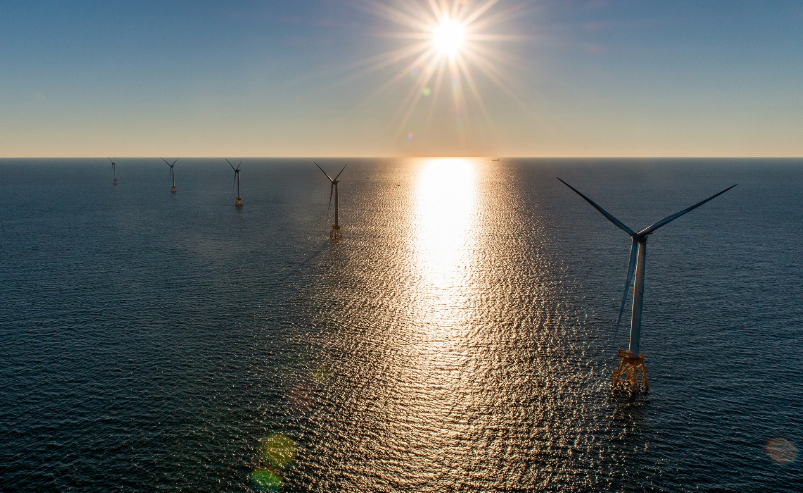As recently as 2000, more than 40% of electricity in the U.S. Northeast came from coal and oil. Today, that number is closer to 15%. Successful efforts to phase out the dirtiest fuels, promote energy efficiency, and regulate carbon have put this region at the forefront of a global response to climate change.
To help make sense of this rapid, dramatic, and ongoing transformation, a new report and companion video—Power Switch: The Future of the Electric Power System in the Northeast and the Disruptive Power of Innovation—explore the trends that are reshaping our electric power markets, and the opportunities and challenges ahead. This independent analysis was conducted by M.J. Bradley & Associates and funded by Barr, the Merck Family Fund, the Devonshire Foundation, and Daniel Hildreth.
Power Switch credits the region’s significant successes to rapid advancements in technology, competitive electricity markets, low gas prices, smart policy choices, and the Regional Greenhouse Gas Initiative (RGGI), which is the Northeast’s highly successful carbon trading program. As just a few examples of how much is changing, and how quickly in the Northeast, consider:
- The first-in-the-nation off-shore wind farm comes online this year in Block Island, Rhode Island.
- The Booth Bay Smart Grid Reliability Project is piloting a combination of solar and storage technologies to manage seasonal peak demand in Maine without any new transmission lines.
- Massachusetts, Connecticut, and Rhode Island are conducting a joint solicitation to attract construction of new clean energy sources.
- These same three states, along with New York and Maryland, continue to set new, ambitious clean energy standards and carbon reduction targets for 2030.
Together, efforts like these have helped spur a major shift to cleaner energy, while also growing the regional economy (at roughly 8% over the past decade). However, to achieve ambitious, long-term carbon reduction goals (with most Northeast states aiming for an 80% reduction by 2050), we need to really pick up the pace. Power Switch asserts that these goals are indeed attainable and will require four complementary strategies:
- Continued investments in new, smarter technologies and energy efficiency.
- Strong energy and climate policies that provide clear, long-term market signals and that drive investments in the region’s clean energy future.
- Continue de-carbonization of electricity production and supply with substantial increases in cleaner electricity and scaling up renewables.
- Expansion beyond electricity to other sectors that are highly dependent on fossils fuels—such as transportation and heating—and support of their transition to new sources of clean electricity.
The accompanying video (embedded below) provides compelling testimonials from notable energy experts, including Sue Tierney (Analysis Group), Peter Kelly-Detwiler (Northbridge Energy Partners), Gordon van Welie (ISO New England), and Kelly Speakes-Backman (Alliance to Save Energy). They discuss how clear and consistent policy signals and technology innovation can change the electric markets through 2030 and beyond. Kelly-Detwiler, in a recent Green Biz article, underscores this point, saying, “these signals will drive the innovation we need, from battery storage to electric vehicles to energy efficiency improvements and help our society continue to build out the new energy economy.” In the video, Speakes-Backman reminds us that policy-makers also play a critically important role in ensuring that all populations have access to innovations and benefits that arise from this market transformation.
Power Switch is part of the ongoing RGGI Project Series, which aims to provide independent research and analysis to inform debate about important energy and climate policy issues facing the Northeast.
Here is how some have covered Power Switch so far:
- “The last mile on clean energy in the Northeast” (GreenBiz, October 24, 2016)
- “Fundamental Changes in Power Industry will Change Life in NJ, Northeast” (NJSpotlight, October 24, 2016)
- “Forget California: The Northeast is emerging as a clean energy leader” (Think Progress)
- “Report Paints Rosy Picture for Northeast Electricity Sector” (Energy Wire, October 19, 2016)
- “New Report Recognizes RGGI Is a Catalyst for Clean Energy” (NRDC Expert Blog, October 19, 2016)



